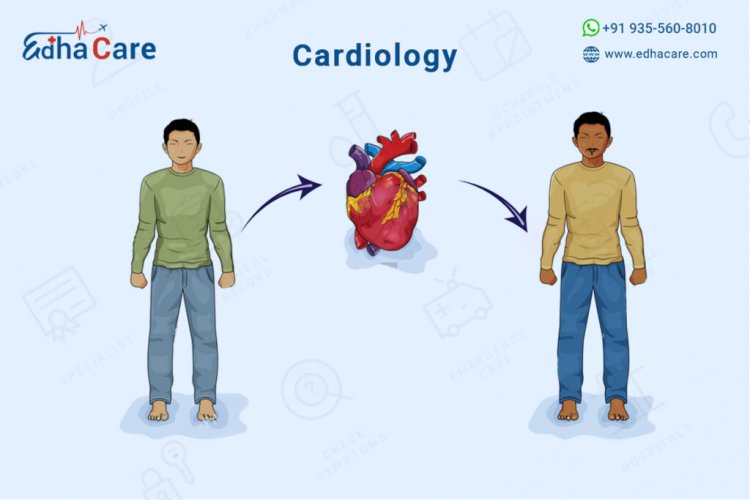Heart Transplantation: A Second Chance at Life for Severe Heart Failure
Heart transplantation is a surgical procedure in which a diseased or failing heart is replaced with a healthy heart from a deceased donor.
Share this Post to earn Money ( Upto ₹100 per 1000 Views )
Heart transplantation is a surgical procedure in which a diseased or failing heart is replaced with a healthy heart from a deceased donor.
It is considered a last resort treatment for end-stage heart failure when other medical and surgical therapies have been unsuccessful in improving the patient's condition.
Heart transplantation offers a chance for survival and improved quality of life for individuals with severe heart failure who have exhausted all other treatment options.
Indications for Heart Transplantation:
Heart transplantation is typically considered for patients who have end-stage heart failure due to various conditions, including:
Dilated Cardiomyopathy: When the heart muscle becomes weak and dilated, it may no longer pump blood effectively.
Ischemic Heart Disease: Severe coronary artery disease can lead to significant heart muscle damage and impaired heart function.
Congenital Heart Disease: Certain congenital heart defects can cause heart failure, which may necessitate transplantation.
Valvular Heart Disease: Severe valve damage or dysfunction can lead to heart failure and may warrant transplantation.
Intractable Arrhythmias: Life-threatening arrhythmias that do not respond to other treatments may be an indication for transplantation.
The Heart Transplantation Process:
Evaluation and Waiting List: Patients who are potential candidates for heart transplantation undergo a thorough evaluation to assess their overall health and suitability for the procedure. Once deemed suitable, they are placed on a waiting list maintained by a national or regional transplant network. The allocation of donor hearts is based on factors such as the severity of illness, blood type, and size compatibility.
Matching Donor Hearts: When a suitable donor heart becomes available, the transplant team evaluates the compatibility of the donor and recipient based on factors like blood type, tissue type, and size of the heart.

Transplant Surgery: Heart transplantation surgery is a complex and delicate procedure. The recipient's failing heart is removed, and the healthy donor heart is carefully implanted and connected to the recipient's blood vessels and heart chambers. The surgical team ensures that the new heart functions correctly and that blood flow is restored.
Recovery and Post-Transplant Care: After the surgery, the patient is closely monitored in the intensive care unit (ICU) and then in a specialized transplant unit. Immunosuppressive medications are prescribed to prevent the body from rejecting the new heart. These medications suppress the immune system, so it does not attack the transplanted heart.
Challenges and Complications:
While heart transplantation can be life-saving, it also comes with challenges and potential complications, including:
Rejection: Despite immunosuppressive medications, the body's immune system may still recognize the new heart as foreign and attempt to reject it. Regular monitoring and adjustments in medication are essential to minimize rejection risk.
Infection: Immunosuppressive drugs increase the vulnerability to infections, so post-transplant patients must take precautions to avoid infections.
Checkout the Best Cardiologist in India
Side Effects of Medications: Long-term use of immunosuppressive drugs can lead to side effects like kidney damage, bone thinning, and increased risk of certain cancers.
Limited Availability of Donor Hearts: The demand for heart transplants often exceeds the supply of available donor hearts, leading to waiting times that can vary significantly.
Conclusion:
Heart transplantation is a remarkable medical procedure that provides hope and a second chance at life for individuals with end-stage heart failure.
While it comes with risks and challenges, advancements in transplant techniques and post-operative care have improved outcomes over the years.
The decision to undergo heart transplantation is a complex one that involves careful evaluation, consideration of potential benefits, and thorough discussions between the patient, their family, and the medical team.








